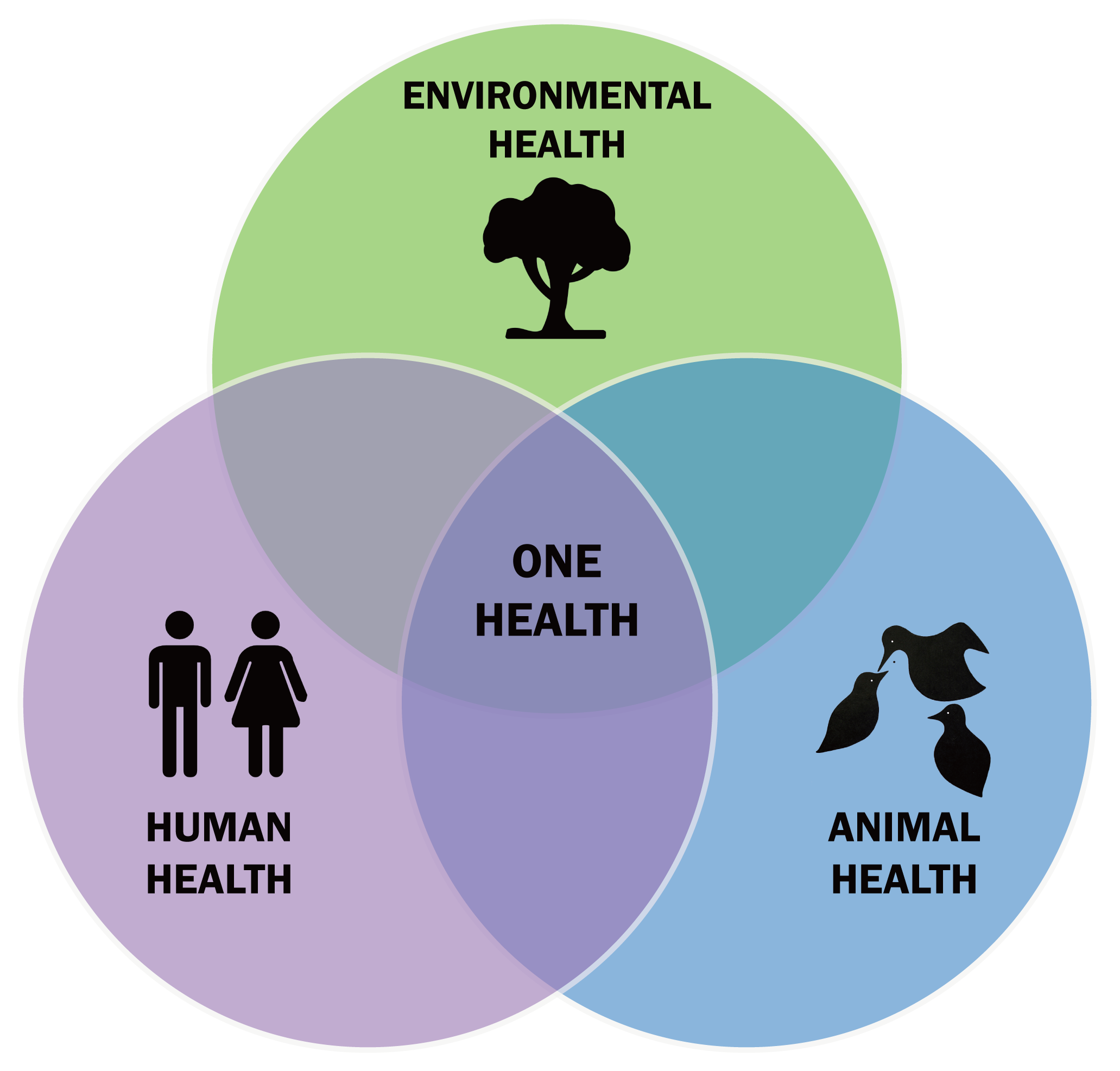SHINE HUMANITY’S APPROACH TO ONE-HEALTH INITIATIVE
A One-Health approach emphasizes the health of people, animals, and the environment we share. In recent years, it has become necessary to adopt this type of approach as humans have established settlements in closer proximity to wild and domesticated animals, which provides ample opportunities for the spread of disease. These diseases are known as Zoonotic diseases, which are diseases that can spread between animals and people. Some examples of these diseases include:
· Rabies
· Salmonella Infection
· Lyme disease
· Ringworm
· Ebola
The One-Health approach encompasses establishing and improving upon mechanisms of data collection, reporting, and compilation, coordinating with a variety of health sectors, and increasing awareness and education around vaccines in highly impacted areas.
SHINE Humanity’s anti-rabies program aims to provide emergency care to people who have contracted a bite from a potential rabid animal. Within SHINE Humanity’s area of operations, dog bites are common, and there is a dire need to establish effective systems for treatment and prevention. Therefore, SHINE Humanity has aimed to develop the anti-rabies program under a One-Health approach.
Systematic data collection and compilation
Cases of rabies often go undocumented and tend to become more serious issues as initial symptoms are flu-like and local clinics do not have the capacity to gather appropriate information or access diagnostic databases. SHINE Humanity has established a robust data management system which allows us to effectively gather relevant patient data within areas of potential disease outbreak.
Cooperation between animal, human and environmental health sectors
SHINE Humanity has adopted a One-Health approach, which has a primary focus on the prevention of multi-faceted zoonotic diseases. Lack of coordination and data sharing among concerned parties is a common issue in projects that require such a high degree of cooperation.
Prevention and treatment of Rabies
Mass immunization of dogs is one of the principal methods to controlling rabies in both human and animal population. Registration, confinement, and compulsory vaccination of domesticated and stray dogs are essential to the success of this approach. Furthermore, SHINE Humanity aims to administer life-saving immunoglobulin to individuals impacted by the disease.
Increasing awareness and efficacy of vaccines
Low literacy rate and socio-economic issues contribute greatly to rural areas being impacted by Rabies. Conducting sessions on disease literacy and improving availability of vaccinations could go a long way in diffusing and improving the situation.
Donate online now: www.shinehumanity.org/donate
